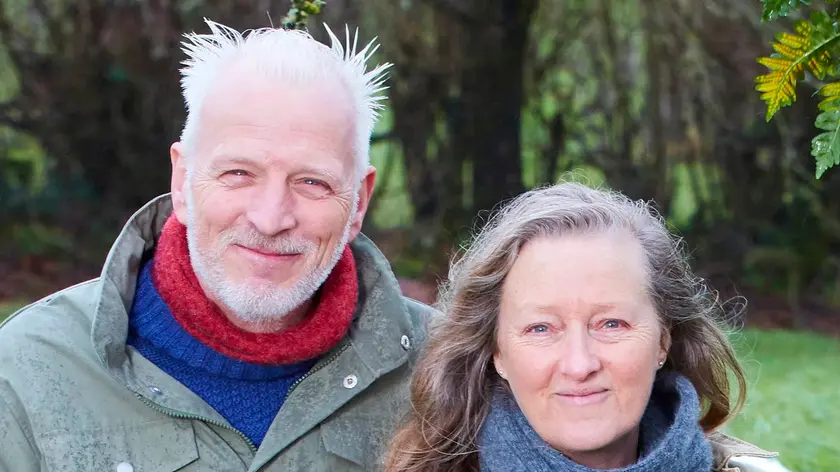T4K3.news
Salt Path Scrutiny
The Observer questions the accuracy of The Salt Path and related works, prompting a review of memoir credibility and publishing responses.

The Observer investigation raises questions about the accuracy of events in Raynor Winn’s memoir The Salt Path and related works.
Salt Path Scrutiny Reveals Inconsistencies in Memoir
The Observer reports discrepancies around when and where Raynor Winn and her husband Moth traveled the South West Coast Path. The Parsons, an Australian couple, met Winn and Moth in a cafe in August 2015, an encounter described in the Parsons’ blog with both couples presenting as hikers who camp and travel frugally. The Salt Path, however, is framed as a 2013 journey born from homelessness and a terminal illness in the family, prompting questions about a timeline that does not align with the Parsons’ records.
The investigation also notes further inconsistencies in later books. The Salt Path is marketed as an unflinchingly honest memoir, but The Observer reports that other accounts and social media posts contradict key details, including how long Winn and Moth stayed on the path and the portrayal of their living arrangements. Winn’s own later statements and public posts add to the complexity, with critics saying the narrative may have been shaped by memory and narrative choices as much as by fact.
Winn has not publicly responded to all specifics. In a 2018 email, she acknowledged the 2015 meeting with the Parsons and offered clarifications about dates, while saying some details were not explained in the book because they were too complicated. The Observer notes that these admissions raise broader questions about how memoirists balance memory, truth, and storytelling across multiple titles, including The Wild Silence and Landlines, which also reference timelines and places that appear at odds with other records.
Key Takeaways
"Why did you give yourselves false names Did you reinvent yourselves while on the path?"
Joanne Parsons questions the use of aliases after realizing the encounter described in The Salt Path may not align with her memory
"We didn’t explain any of that [in the book] as it all just seemed too complicated"
Raynor Winn explains why certain details were not elaborated in the memoir
"The Salt Path lays bare the physical and spiritual journey Moth and I shared, an experience that transformed us completely and altered the course of our lives"
Winn defends the memoir’s core message while acknowledging a transformation
"That’s when [Moth] started to open up about his illness"
Parsons recounts an on-path moment about Moth’s health
The episode sits at the intersection of literature and accountability. Memoirs rely on memory, but readers expect accuracy about places, dates, and people. When a narrative built on hardship and authenticity is shown to hinge on misdated events, it can erode trust not only in a single author but in the memoir genre as a whole. Publishers face a tougher job defending or contextualizing retrospective revisions, and readers may reassess past purchases and recommendations in light of new scrutiny.
This case also highlights how memory is used as a storytelling tool. A memoir can be powerful precisely because it feels intimate and true, but editors and readers should demand clear distinctions between recollection, interpretation, and factual record. The broader question is not whether every detail is perfect, but whether the author offers transparent, responsible explanations when discrepancies emerge and whether the market rewards candor over a polished myth.
Highlights
- Memory travels with bias that readers pay for
- The coast path becomes a stage when truth is on trial
- Readers deserve the full toll of a walk not just the title
- A memoir that glows with certainty can fade under scrutiny
memoir credibility under scrutiny
The Observer’s findings raise questions about the accuracy of a widely read memoir and related works. While there is no evidence of criminal wrongdoing, the revelations could affect reader trust, publisher risk, and future marketing of Winn’s books.
Trust in memoirs rests on accountability as much as memory.
Enjoyed this? Let your friends know!
Related News

Memoir Controversy Roils Salt Path Fans

Guardian longreads spotlight on power and resilience

Mercury secret child claim tested by Mary Austin

The Salt Path faces backlash amid authenticity claims

Immigration arrest of Utah violinist provokes support and scrutiny

Cafe owner speaks out against memoir's portrayal

Cornish locals criticize portrayals in The Salt Path

Corticobasal degeneration raises concerns for patients
